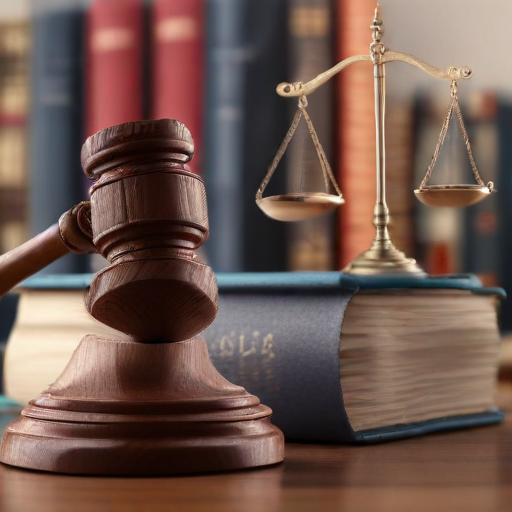A federal appeals court has upheld a law that may lead to TikTok being banned in the United States as early as next month, putting the future of one of the nation’s most popular social media platforms in jeopardy. The decision, based on national security issues highlighted by the Justice Department regarding the Chinese-owned app, comes after a unanimous 3-0 ruling by a panel of judges in the U.S. Court of Appeals in Washington, D.C.
In the majority opinion, Judge Douglas Ginsburg stated, “We conclude the portions of the Act the petitioners have standing to challenge…survive constitutional scrutiny. We therefore deny the petitions.” This ruling indicates that TikTok’s millions of users may soon need to seek alternative communication platforms.
The case is likely to be escalated to the Supreme Court, which could either choose to hear it or let the appeals court ruling remain in effect. The situation poses a significant challenge for President-elect Donald Trump, who had previously attempted to impose a ban on TikTok in 2020, although more recently he has expressed opposition to such actions on the grounds that it might benefit TikTok’s main competitor, Meta.
Michael Hughes, a spokesperson for TikTok, expressed optimism that the Supreme Court will uphold Americans’ free speech rights. He criticized the law as based on flawed assumptions that result in censorship for the American public. He stated, “Unfortunately, the TikTok ban was conceived and pushed through based upon inaccurate, flawed and hypothetical information.”
Following President Biden’s signing of the Protecting Americans from Foreign Adversary Controlled Applications Act (PAFACA), TikTok launched a lawsuit in May. This legislation requires ByteDance, TikTok’s parent company, to divest its U.S. operations to a non-Chinese entity by January 19, or face a complete ban from the U.S. market. TikTok argues that the law unfairly targets the platform due to its content, infringing on First Amendment rights. Additionally, a coalition of TikTok creators has joined the case, highlighting that over 170 million Americans’ free speech rights would be impacted if forced to leave the platform.
In this uncertain climate, the implications of the court’s decision extend beyond just TikTok—raising critical discussions about free speech, national security, and the evolving relationship between technology and government. It reflects a pivotal moment in the ongoing debate over how to balance security concerns with the rights of individuals to express themselves digitally.
Despite the challenges ahead, the situation also presents an opportunity for renewed dialogue about digital freedoms and the importance of safeguarding free speech in the age of social media. TikTok’s resilience and the involvement of its user community might play a crucial role in shaping the final outcome of this legal battle.
